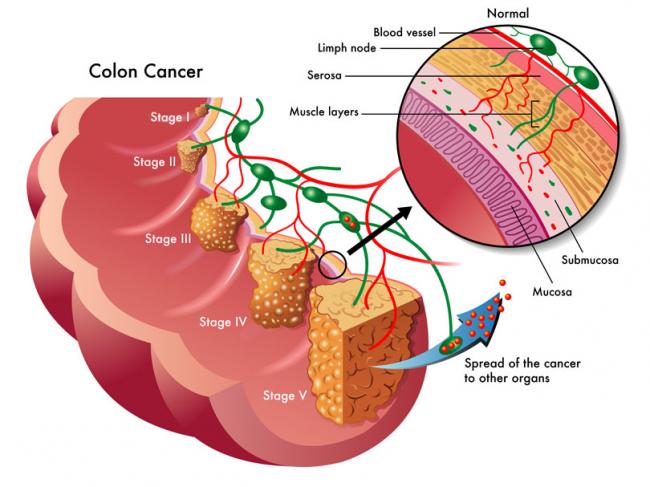-
 2014-12-03
2014-12-03 Autism is a neurodevelopmental and biologically based disorder that falls within the category of pervasive developmental disorders.[1] Some consider it to be the most severe type of spectrum disorder.[2] Autism spectrum disorders include autism, Asperger syndrome, pervasive developmental disorder (not otherwise specified), childhood disintegrative disorder, and Rett syndrome.
Autism is a neurodevelopmental and biologically based disorder that falls within the category of pervasive developmental disorders.[1] Some consider it to be the most severe type of spectrum disorder.[2] Autism spectrum disorders include autism, Asperger syndrome, pervasive developmental disorder (not otherwise specified), childhood disintegrative disorder, and Rett syndrome. -
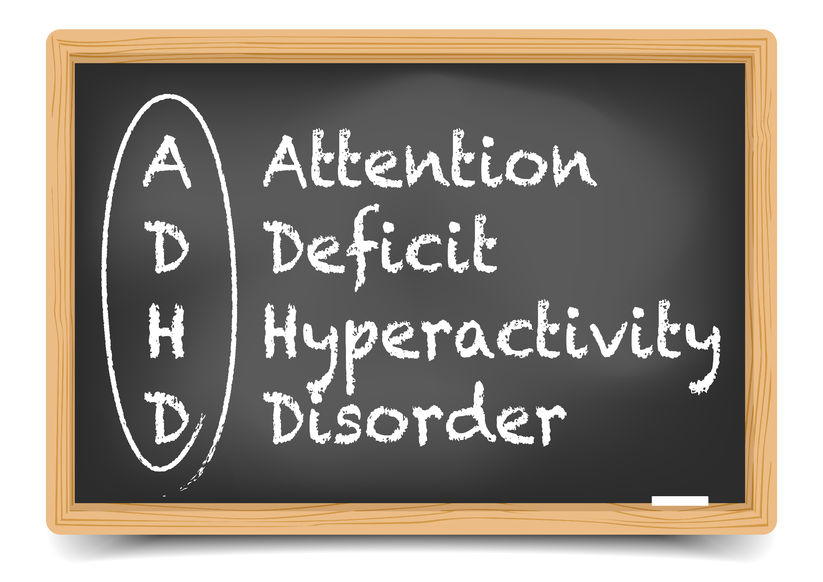 2014-11-06
2014-11-06 Attention Deficit Hyperactivity Disorder (ADHD) is a common neurological concern. The estimated prevalence in children is approximately 5.29% worldwide. A Dutch study found that 70% of these children may continue to be affected as adults.[2] Some features of ADHD include: increased inattention, impulsivity, and hyperactivity.
Attention Deficit Hyperactivity Disorder (ADHD) is a common neurological concern. The estimated prevalence in children is approximately 5.29% worldwide. A Dutch study found that 70% of these children may continue to be affected as adults.[2] Some features of ADHD include: increased inattention, impulsivity, and hyperactivity. -
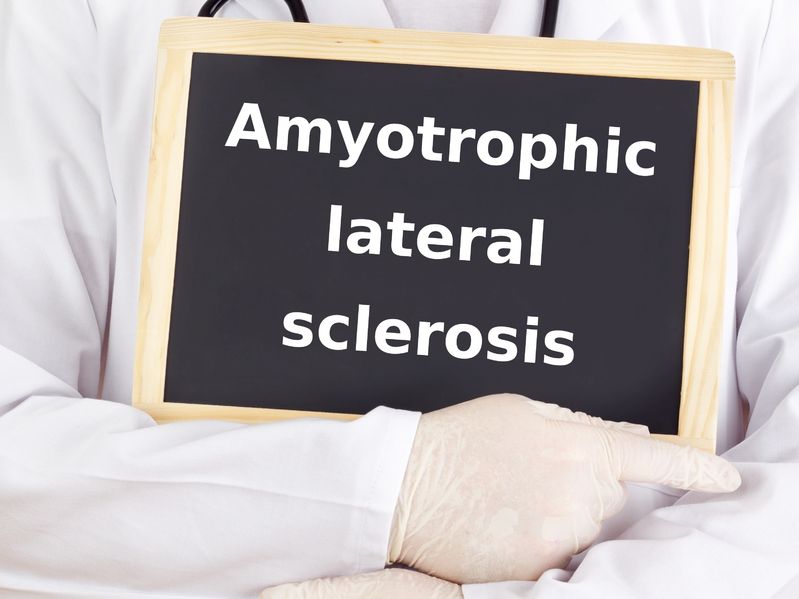 2014-11-06
2014-11-06Amyotrophic lateral sclerosis (ALS), also known as Lou Gehrig’s disease, is a neuromuscular disease that is characterized by progressive nerve cell death leading to muscle weakness, paralysis and severe physical dysfunction. Approximately 2,500-3,000 Canadians currently live with this fatal disease.
-
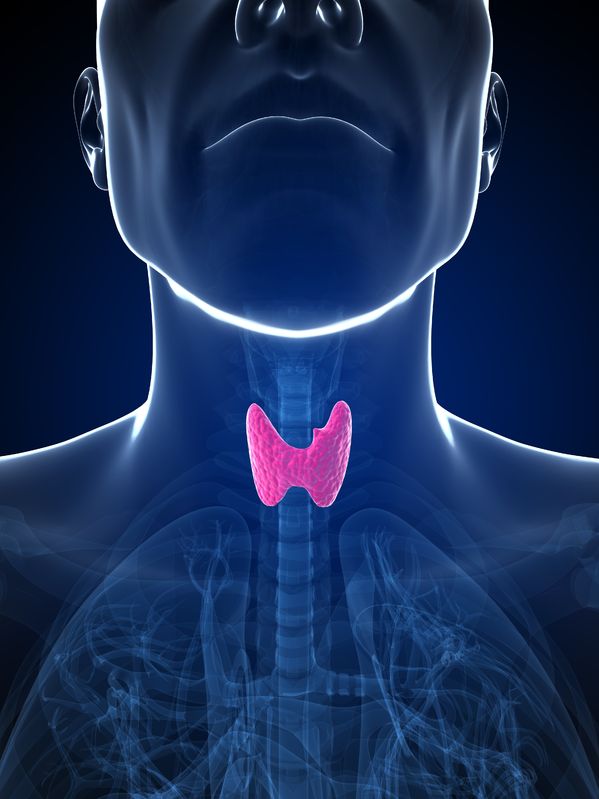 2014-11-06
2014-11-06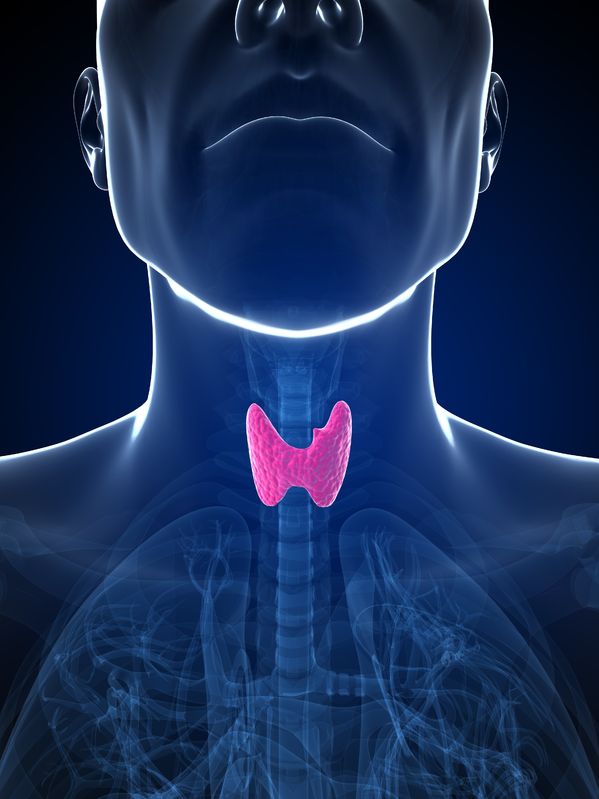 The thyroid gland is an endocrine organ responsible for metabolism in the body, regulating functions such as energy use, body temperature and heart rate. The thyroid gland first produces and secretes the hormone thyroxine (T4), generally an inactive hormone, which is then converted to its active form, triiodothyronine (T3).
The thyroid gland is an endocrine organ responsible for metabolism in the body, regulating functions such as energy use, body temperature and heart rate. The thyroid gland first produces and secretes the hormone thyroxine (T4), generally an inactive hormone, which is then converted to its active form, triiodothyronine (T3). -
 2014-11-06
2014-11-06 S-Adenosylmethionine (SAMe) is a molecule that is distributed widely throughout the body and is crucial in a number of biochemical reactions. SAMe first garnered research attention in the 1970s, and has been used as an antidepressant in Europe since that time. However it has not become available in North America until the last 15 years or so. Biochemically, SAMe functions as a methyl-group donor, and works in the same pathways as folic acid and vitamin B12.
S-Adenosylmethionine (SAMe) is a molecule that is distributed widely throughout the body and is crucial in a number of biochemical reactions. SAMe first garnered research attention in the 1970s, and has been used as an antidepressant in Europe since that time. However it has not become available in North America until the last 15 years or so. Biochemically, SAMe functions as a methyl-group donor, and works in the same pathways as folic acid and vitamin B12. -
 2014-11-05
2014-11-05 -
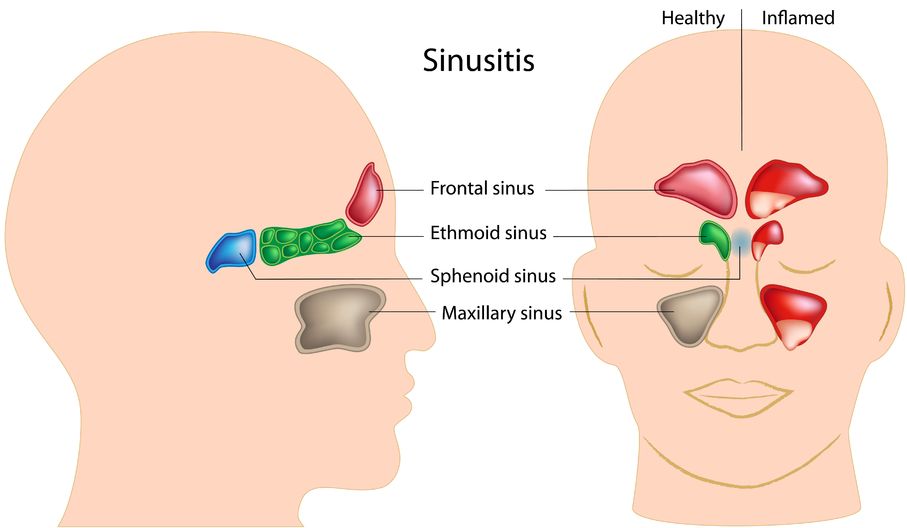 2014-10-06
2014-10-06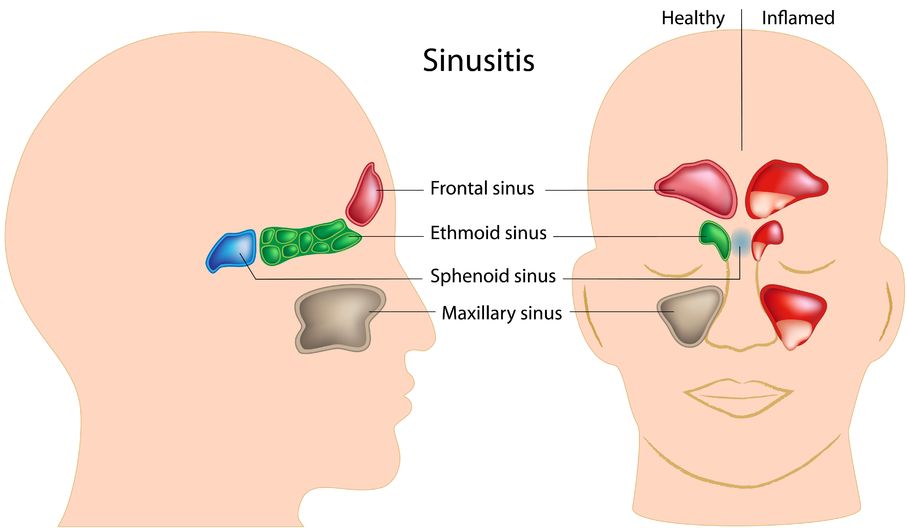 Sinusitis is the inflammation of the sinuses. The sinuses are actually a system of openings or cavities that are part of the skull. The largest one is the maxillary sinus, located near the cheekbones. It is often the one that most people complain about when they are experiencing facial pain. The other sinuses include the frontal sinuses, the ethmoid sinuses, and the sphenoid sinuses.
Sinusitis is the inflammation of the sinuses. The sinuses are actually a system of openings or cavities that are part of the skull. The largest one is the maxillary sinus, located near the cheekbones. It is often the one that most people complain about when they are experiencing facial pain. The other sinuses include the frontal sinuses, the ethmoid sinuses, and the sphenoid sinuses. -
 2014-10-06
2014-10-06 Morning sickness, also known as nausea gravidarum, affects up to 80% of pregnant women. Nausea and vomiting are usually limited to the first seven to twelve weeks of pregnancy, but can go on for longer in some women.
Morning sickness, also known as nausea gravidarum, affects up to 80% of pregnant women. Nausea and vomiting are usually limited to the first seven to twelve weeks of pregnancy, but can go on for longer in some women. -
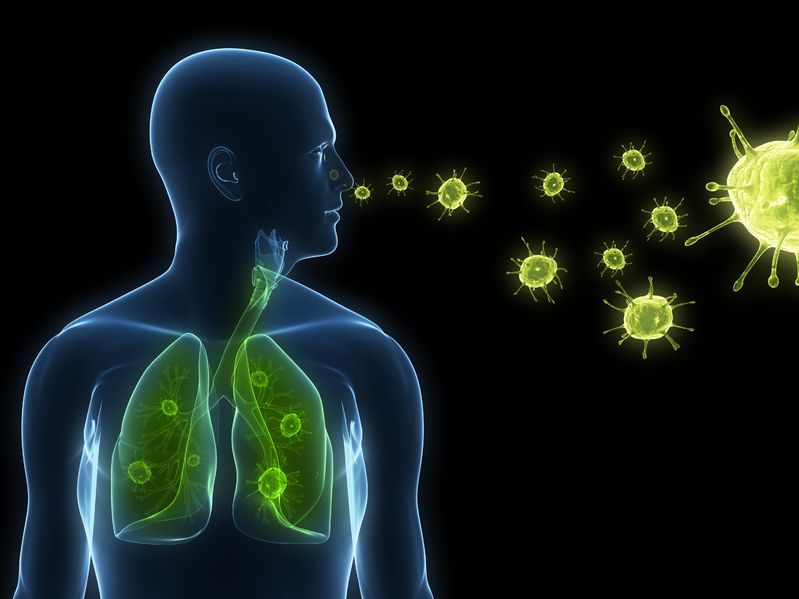 2014-10-02
2014-10-02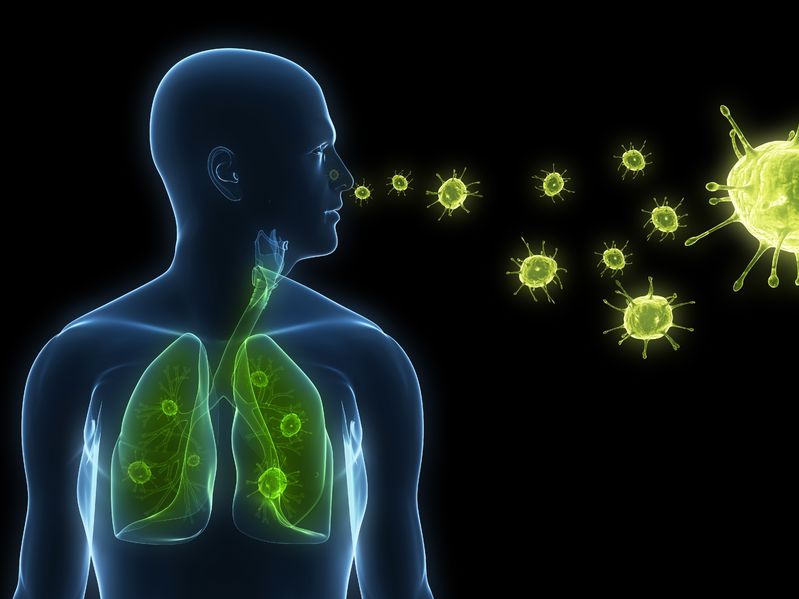
One of the most common yet stubborn illnesses many of us are plagued with are respiratory infections, most commonly acute bronchitis, and pneumonia. Not only are they disruptive and painful to deal with at the time of the infection, but it is also typical for someone to experience lingering effects of the infection for weeks after. -
 2014-10-02
2014-10-02 Mindfulness is the practice that cultivates paying attention on purpose, in the present moment, nonjudgmentally to our experience. It is not a belief or philosophy, but an awareness of the nature of the mind and our emotions. Mindfulness is often confused with meditation, and while the practices are interconnected, they have different origins.
Mindfulness is the practice that cultivates paying attention on purpose, in the present moment, nonjudgmentally to our experience. It is not a belief or philosophy, but an awareness of the nature of the mind and our emotions. Mindfulness is often confused with meditation, and while the practices are interconnected, they have different origins. -
 2014-09-11
2014-09-11 A new article was recently published that described naturopathic practice at 4 of the 8 accredited North American naturopathic academic institutions [1]. The study includes an analysis of over 300,000 patient visits over 5 years, making it the largest study of its kind. It is unavoidable that the public asks: what is the difference between a Naturopathic Doctor and a Medical Doctor? The MD is certainly the more common medical degree and treatments are generally covered by the government or through insurance.
A new article was recently published that described naturopathic practice at 4 of the 8 accredited North American naturopathic academic institutions [1]. The study includes an analysis of over 300,000 patient visits over 5 years, making it the largest study of its kind. It is unavoidable that the public asks: what is the difference between a Naturopathic Doctor and a Medical Doctor? The MD is certainly the more common medical degree and treatments are generally covered by the government or through insurance. -
 2014-09-11
2014-09-11 Feeling full quickly when eating, experiencing bloating during and after meals, or suffering from acid reflux may all be signs of low stomach acid – clinically referred to as hypochlorhydria. Hypochlorhydria occurs when the parietal cells in the gastric mucosa do not produce sufficient amounts of hydrochloric acid (HCl). There are numerous underlying causes of parietal dysfunction of psychological, physiological, and infective origin.
Feeling full quickly when eating, experiencing bloating during and after meals, or suffering from acid reflux may all be signs of low stomach acid – clinically referred to as hypochlorhydria. Hypochlorhydria occurs when the parietal cells in the gastric mucosa do not produce sufficient amounts of hydrochloric acid (HCl). There are numerous underlying causes of parietal dysfunction of psychological, physiological, and infective origin. -
 2014-09-11
2014-09-11 Detoxifying the body can be achieved in many ways. Essentially, the goal is to eliminate chemicals and environmental pollutants that place a toxic burden to our bodies that are responsible for the progression to many health concerns. Recent research has shown to find over 5 million chemicals in our environment, which have negative effects on the muscular, neurological, cardiovascular, and pulmonary systems in the body
Detoxifying the body can be achieved in many ways. Essentially, the goal is to eliminate chemicals and environmental pollutants that place a toxic burden to our bodies that are responsible for the progression to many health concerns. Recent research has shown to find over 5 million chemicals in our environment, which have negative effects on the muscular, neurological, cardiovascular, and pulmonary systems in the body -
 2014-09-11
2014-09-11Inflammatory bowel disease (IBD) causes extensive inflammation in the gastrointestinal tract causing multiple symptoms, most commonly chronic diarrhea. IBD has periods of flare ups during which times the symptoms come and go. IBD is comprised of two separate conditions of the GI tract, Crohn’s disease and Ulcerative Colitis (UC). Both of these conditions cause extensive inflammation of the GI tract but also can often be distinguished by different manifestations.
- 2014-08-06
Liver diseases include a number of different health conditions; in conventional medicine, they are bundled under the umbrella term “hepatology”, which typically includes the health conditions related to the liver, the gallbladder, and the pancreas. Over the last several years, there has been an increase in the use of complementary and alternative medicines, especially herbal therapies, among patients with liver disease.





